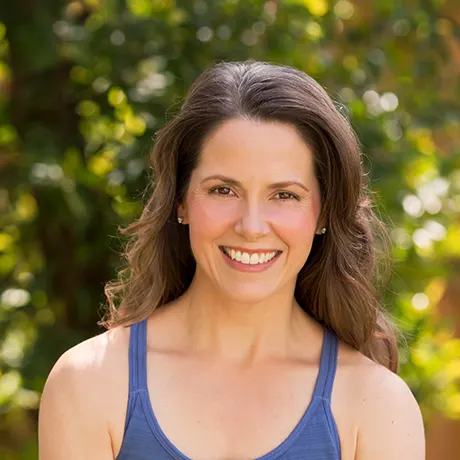How my husband and I told the grandparents about our kids’ learning differences
When it came to telling her kids about their learning differences, Jessica knew to focus on their strengths. But when it was time to tell her family, she had no idea where to start. Read her story.
My children learn differently. And from the beginning, I knew how I wanted to talk to them about their learning differences. I’d tell them in my own way — focusing more on their strengths than struggles. But when it was time to share the same information with family members, things weren’t as simple.
I started with my husband. He’s always been a stellar student. Hearing that one of our kids struggled with reading and writing, and that both kids learned in nontraditional ways, might be a shock for him.
When we talked, I reminded him that there was nothing wrong with our kids. They were intelligent and amazing. They just needed a little extra support.
Once we’d talked it through, my husband and I decided to take a divide-and-conquer approach to telling our families. I’d share with my family, and he’d share with his. We laid out the facts. And we let them know we had a plan for supporting each child.
Their reactions weren’t what we’d hoped.
Both families initially acted as if we’d told them the kids had a grave disease. The plan we’d made to support our kids didn’t seem like enough to them. There were some tense moments between all of us. At times, my husband and I felt like teenagers being told to “Grow up and take this seriously!”
We worked hard to educate our parents so they could understand learning differences. For example, we talked about the myth that kids who learn and think differently aren’t smart. We explained that learning differences like ADHD and dyslexia have nothing to do with intelligence. In fact, kids who learn differently are often bright and creative — just like their grandchildren.
We also set some ground rules. Things like asking our parents to use positive, clear language with our kids. That meant shifting from “Don’t touch!” to “Hold this instead, please.” It was tricky at first. But over time they got it.
Time also helped them understand our kids, and what it means to learn and think differently. At the beginning, they seemed worried that their grandkids’ struggles would define them. As time went on, they seemed relieved to find that learning differently is just part of who they are.
There’s isn’t a perfect way to have tough conversations with family members. My husband have learned a lot, though. Advocating for your child can be hard. And you can’t control how people will respond. But at the same time, we’ve also learned how to be clear and how to stand up for our kids — especially when it’s tough.
Get tips for telling your family members about your child’s challenges. And hear more from Jessica on this podcast episode.


